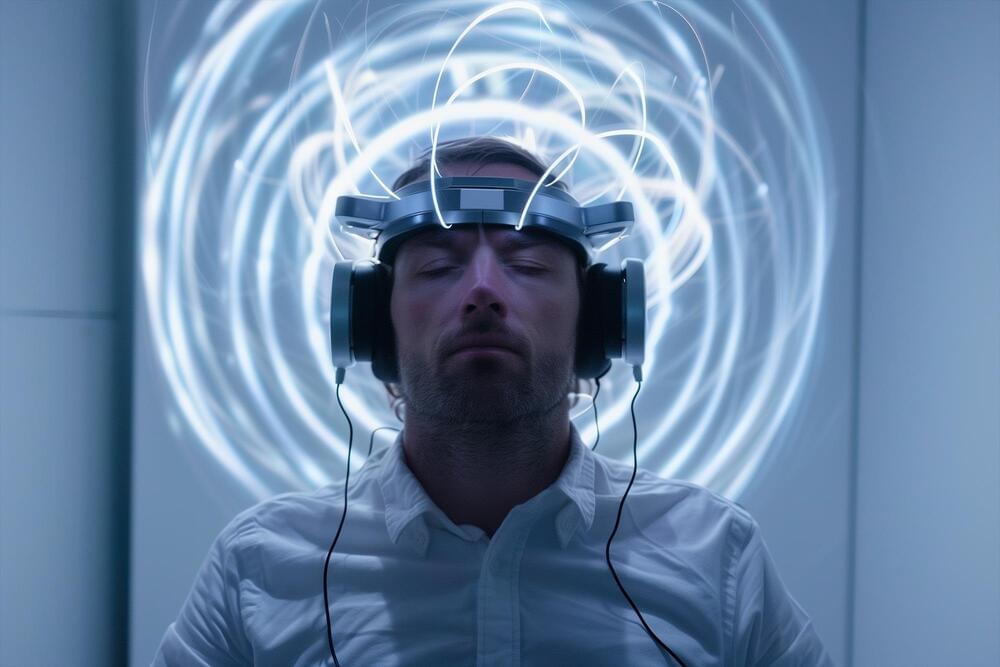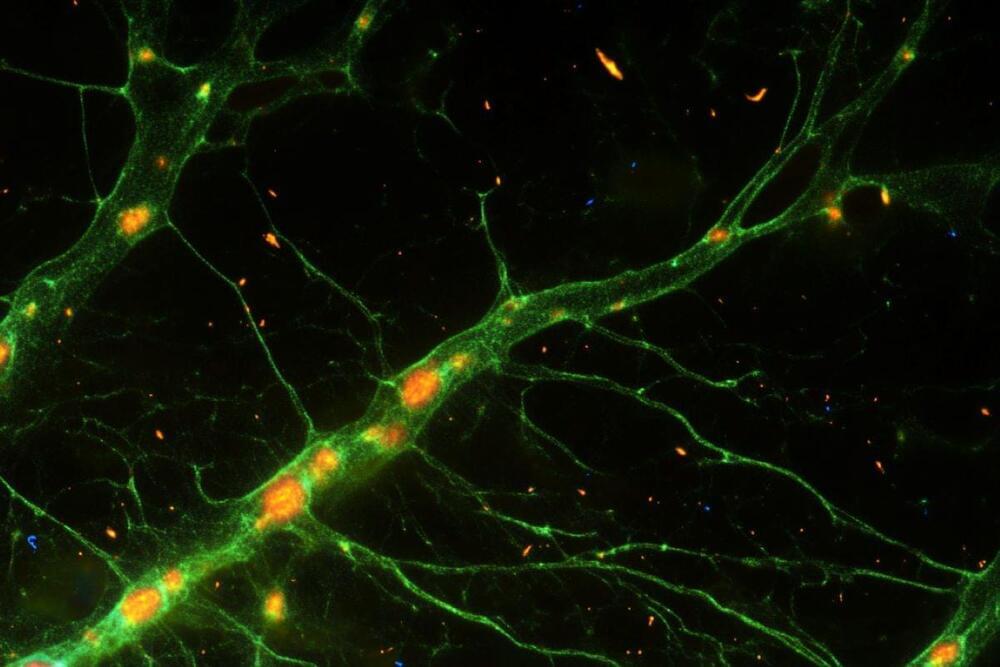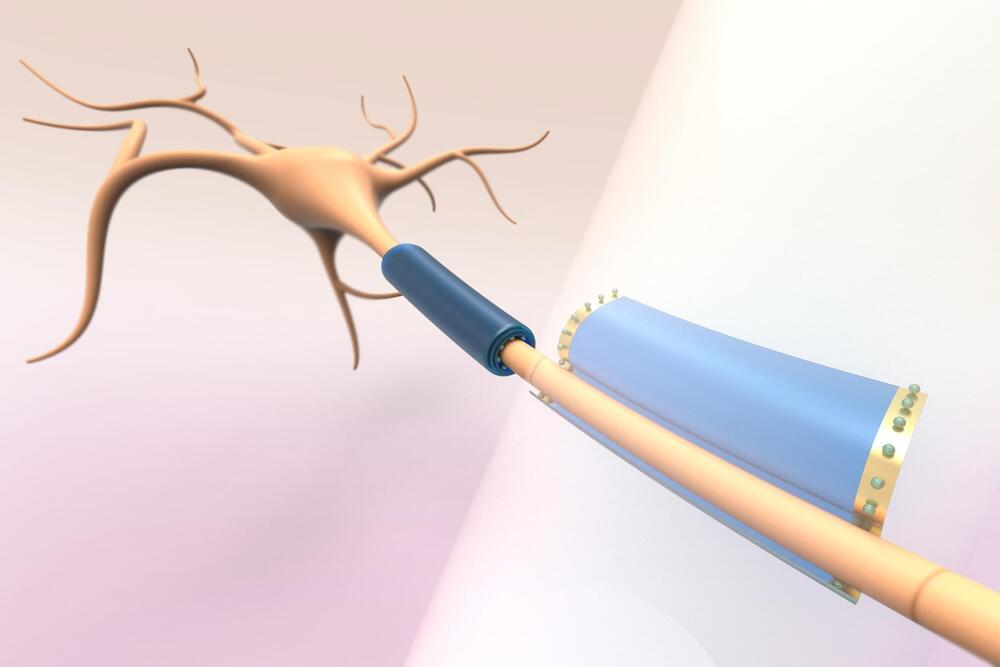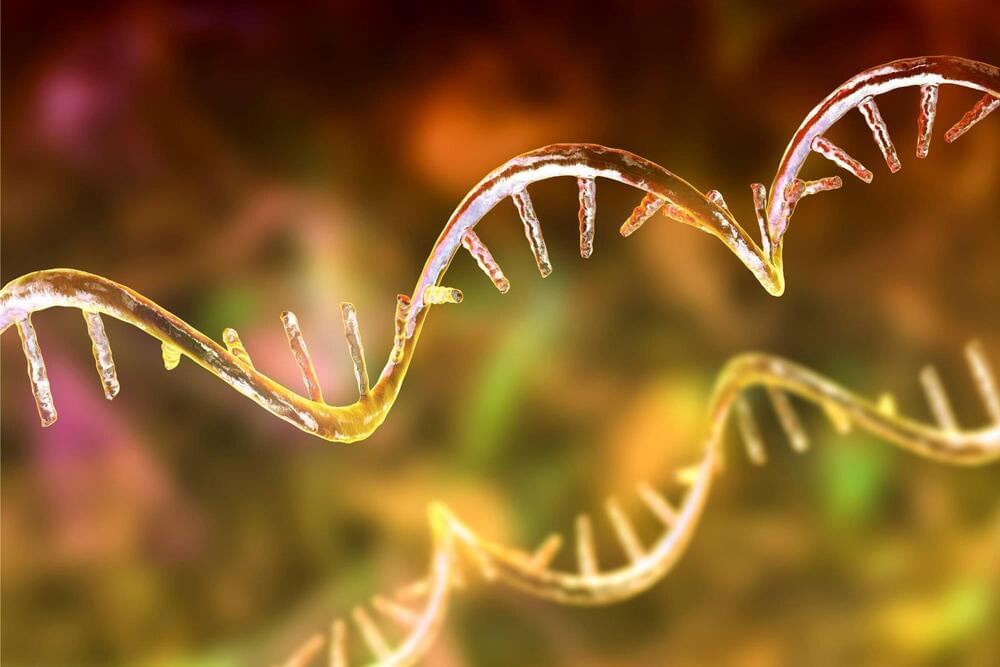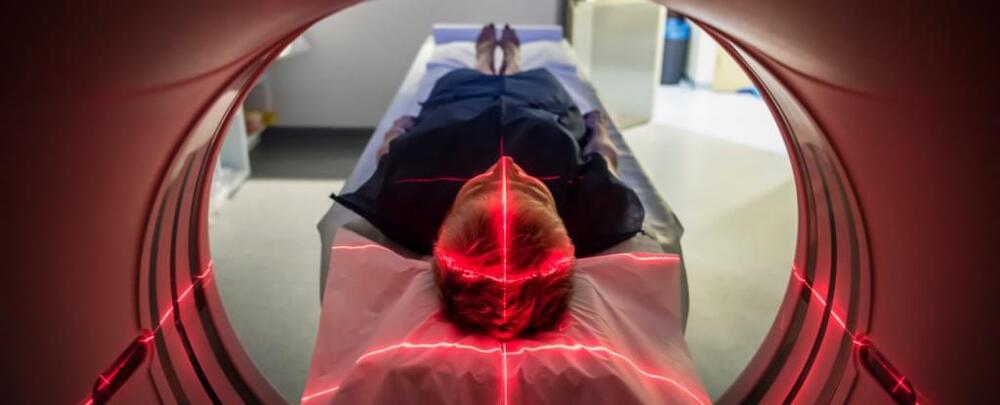Nov 13, 2024
Autism’s Hidden Brain Differences Discovered in Living People
Posted by Saúl Morales Rodriguéz in category: neuroscience
A groundbreaking study using PET scans has revealed that autistic individuals have fewer brain synapses, directly correlating with more pronounced autism traits like social and communication challenges.
This discovery, illustrating clear links between brain structure and behavioral expressions, could revolutionize diagnostic approaches and enhance support mechanisms, potentially leading to more targeted interventions and improved quality of life for those on the autism spectrum.
Synaptic Research in Autism.




